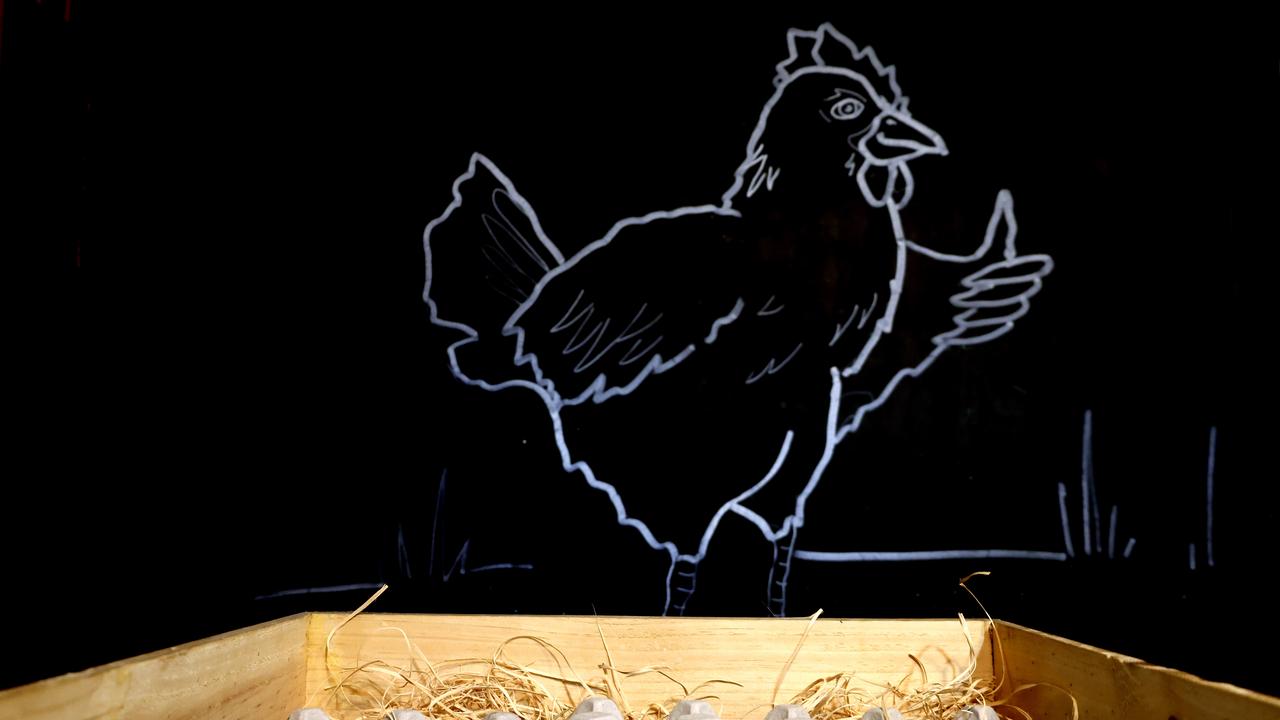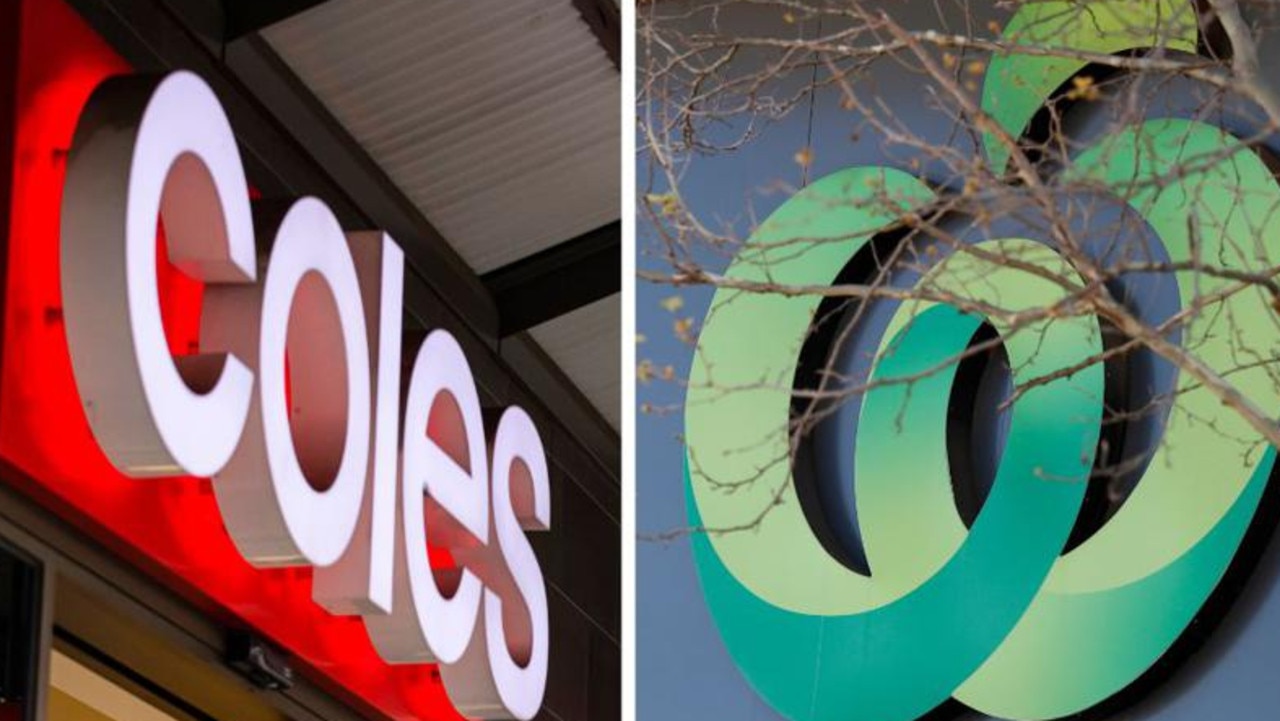Dyson, Harry Potter, Apple: Great business ideas no one thought would work
EVERYONE told them they were dreaming; it would never happen. But these entrepreneurs and artists forged ahead and proved everyone wrong.

Small Business
Don't miss out on the headlines from Small Business. Followed categories will be added to My News.
EVERYONE loves an underdog. And perhaps nowhere better than in business, where ideas are routinely rubbished only to have the entrepreneur forge on and make millions anyway.
From Seinfeld to Nespresso coffee pods and Gmail, there are countless examples of ideas that were a hard sell at first but went on to succeed.
We’ve picked six of our favourites to show it’s never worth giving up on a great idea.
Bagless vacuum cleaners
Before he was the knighted owner of a billion dollar company, Sir James Dyson could have been the poster boy for failure.
The dogged entrepreneur started working on perfecting the vacuum cleaner in 1979 after he bought the best one on the market and discovered it was “essentially useless.”
He wanted to create one that worked without a bag and spend five years obsessing over creating a prototype while his wife supported them as an art teacher.
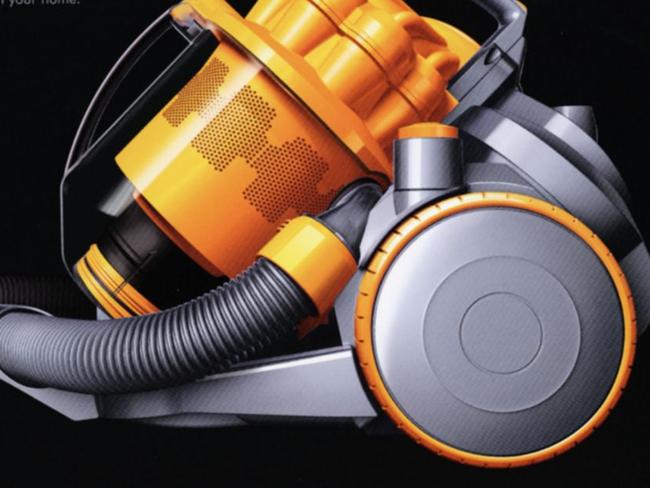
When no one wanted to buy his precious invention he manufactured it himself, before it got into mainstream stores and became a bestseller.
He’s since gone on to perfect other devices like the bladeless fan and still owns 100 per cent of the company.
Despite his success Mr Dyson told Inc he doesn’t love the business side of things, but prefers “living on the edge” like a true entrepreneur.
“All those years that my house was in hock to the bank ... I liked the danger, the idea that everything depended on getting that next product right in every way,” he said.
Wine in a cup

The notion of selling wine in a plastic cup with a tear-off foil lid was rubbished as “tacky” by judges on the UK Dragons Den who grilled packaging expert James Nash over his financial projections.
But Mr Nash, who dreamed of a plastic cup that could be bought once and re-filled so users can sip their favourite chardonnay at festivals, sports events and the races, was undeterred.
After being dismissed by the dragons he went on to negotiate an undisclosed exclusive deal with UK supermarket giant Marks & Spencer. The company now sells them in Hong Kong and reports at least one glass is sold every minute, according to the Wall Street Journal.
Books about wizards
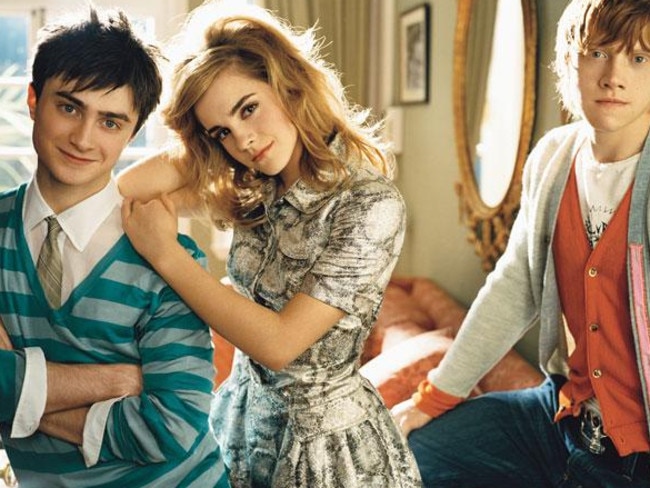
He’s one of the world’s most beloved characters, but Harry Potter, Ron Weasley and their whole magical world might never have come to light were it not for the daughter of a publishing agent who took a shine to the books.
JK Rowling was resoundly rejected by publishers for her idea, told no one wanted to read books about witches and wizards anymore. But she struck it lucky when the chair of Bloomsbury gave the manuscript to his daughter to read and she finished it and asked for the next.
The seven books went on to sell more than 400 million copies and JK Rowling is now worth $1 billion with websites published in eight languages.
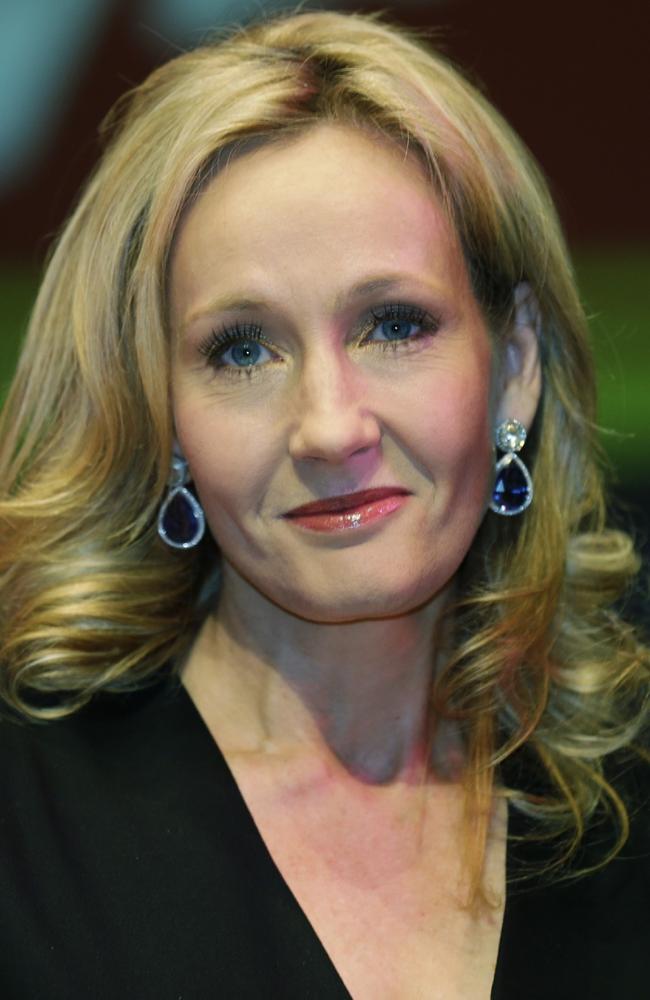
Anything Apple
iPods? Gone by next Christmas. iPhones? They’ll never happen. Tablets? I don’t think so.
Apple has made a business strategy out of proving naysayers wrong, from business mogul Sir Alan Sugar who said the iPod would be “kaput” by the end of 2005 to Microsoft CEO Steve Ballmer who declared “there is no chance the iPhone is going to get any significant market share.”
Fast forward to 2014 and Apple is worth $510 billion, Steve Ballmer is no longer at Microsoft and Alan Sugar is running the UK version of The Apprentice.
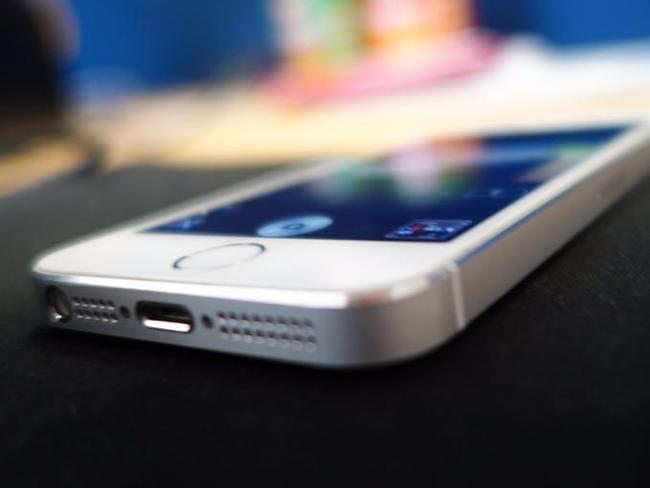
Home computers
Computers were enormous, energy-sapping clunky machinery back in 1977 when Digital Equipment Corp Ken Olsen famously said there was “no reason anyone would want a computer in their home.”

Needless to say computers have become an integral part of home life, with more than five billion devices around the world using WiFi alone. Mr Olsen claims the quote was taken out of context, but it’s often referenced as one of the most spectacular future fails of all time, particularly coming from the CEO of a computer company. DEC was sold to Compaq in 1998.
Have your own unlikely success story to add to the list? Continue the conversation on Twitter @newscomauHQ
Originally published as Dyson, Harry Potter, Apple: Great business ideas no one thought would work

